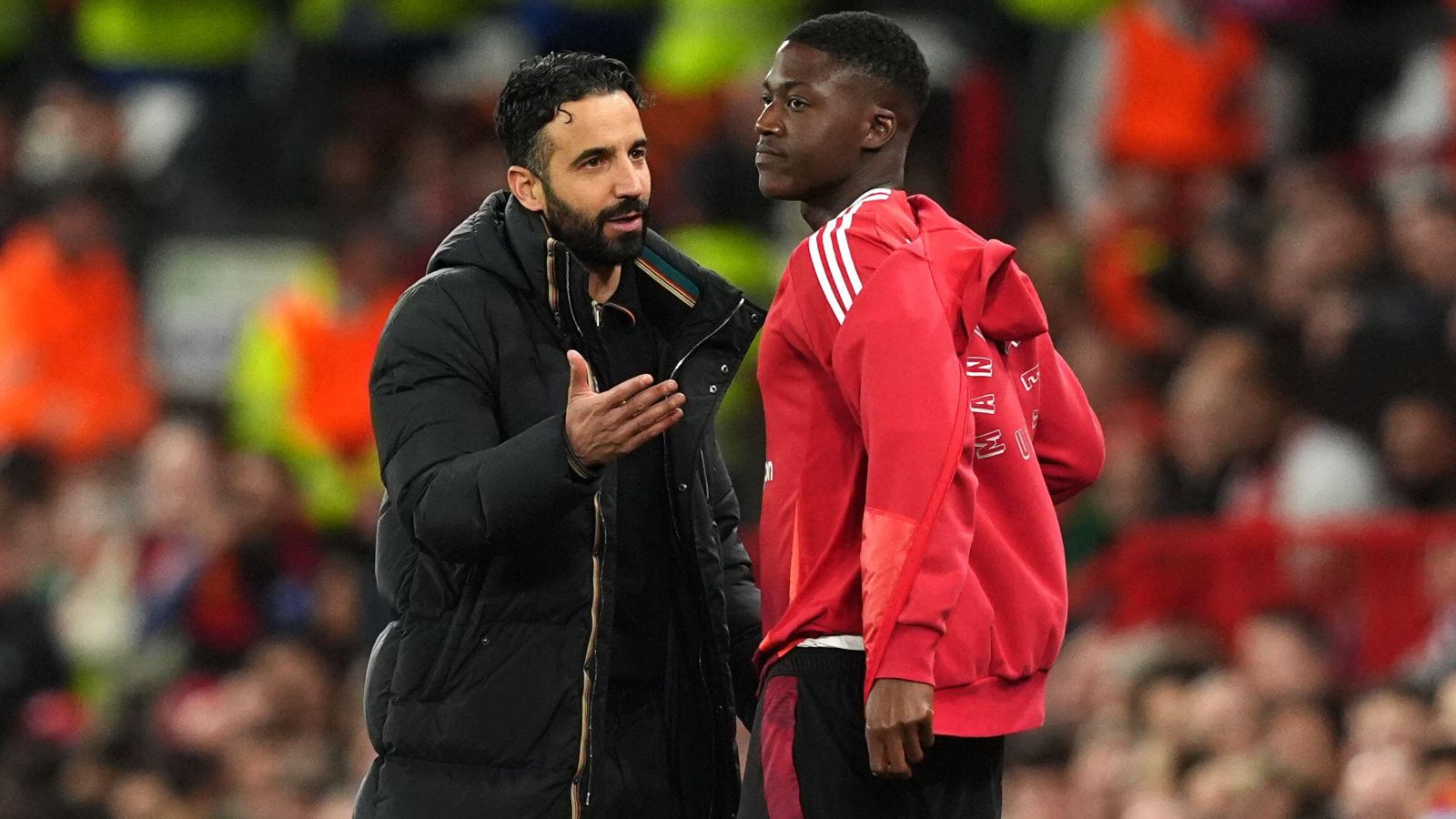The void between India and Pakistan is not just in skills, but also the way they train

Watching India and Pakistan train in Dubai highlighted the gulf between the two sides. India’s discipline, punctuality and structured sessions contrasted starkly with Pakistan’s disorganised approach. While Indian batters endured rigorous drills under coaches, Pakistan turned to casual football and trial-and-error practice — mirroring their struggles on the field.On Tuesday, at the ICC Cricket Academy in Dubai, India and Pakistan trained at the same venue in different time slots. (Image credit: Pratyush Raj/TimesofIndia.com)TimesofIndia.com in Dubai: Watching India and Pakistan train at the nets reveals the gulf between the two sides. It starts with the basics — discipline and work ethic — which the Pakistan side lacks.Go Beyond The Boundary with our YouTube channel. SUBSCRIBE NOW!On Tuesday, at the ICC Cricket Academy in Dubai, India and Pakistan trained at the same venue in different time slots. But even the process of training highlighted the gulf between the two teams.Tense faces! Pakistan cricket team arrive at ICC Academy | Will they boycott Asia Cup?India's bus arrived at the venue at 5:20 pm (local time), 40 minutes before their scheduled start. India’s support staff, including side-arm throwers D Raghavendra, Nuwan Seneviratne, and Dayanand Garani, had reached 40 minutes before the team. The troika got to work immediately, setting everything in order. The moment Gautam Gambhir’s team arrived, they slipped into rhythm seamlessly.PollWho do you think is currently the better spinner in international cricket?Kuldeep Yadav Axar PatelTwo and a half hours later, around 7:50 pm, Pakistan’s bus arrived with just 10 minutes to go before their session. At the same time, the UAE team, who had just finished their nets, were leaving the venue. The Pakistan players stopped to banter with them, as many of the UAE cricketers are of Pakistani origin and had played with them back home. Another 30 minutes passed as Pakistan struggled to figure out what to do. They looked all at sea before captain Salman Ali Agha pulled a football out of his kitbag, and they started playing. To be honest, they were as clueless with football as they were with bat in hand against India on Sunday. Most looked like club-level batters against the Indian attack. Pakistan’s batters were miserable against India’s spin trio — Kuldeep Yadav, Varun Chakravarthy and Axar Patel. After the handshake-gate drama, Pakistan coach Mike Hesson was coaxed into defending his players.Shubman Gill and Abhishek Sharma are inseparable in the nets | Exclusive visuals from Dubai“It’s more the accuracy and the pressure that they (Indian spinners) build. When you build up a lot of dot balls, sometimes your mind plays tricks and you play big shots. So it’s not that they can’t pick spin. It’s the fact we struggle to rotate strike and relieve pressure. That’s why dismissals happened in clusters,” Hesson told TimesofIndia.com. Back at Tuesday’s nets, Indian batter Tilak Varma, who has a history of struggling against spin and looked vulnerable against Pakistan too, was facing Kuldeep and Varun in the far nets, with Gautam Gambhir and Sitanshu Kotak keeping a close eye. After 45 exhausting minutes, Tilak was drained and on his knees before being allowed to leave the nets. At the same time, Pakistan’s Saim Ayub, one of their brighter prospects, stood away from the football group, doing shadow practice with Hesson. Meanwhile, Kotak emerged from India’s dressing room with a blackboard clearly listing who would do what in training. In contrast, Pakistan’s session was trial and error. Fakhar Zaman, undone by Axar Patel’s guile on Sunday, was facing Mohammad Nawaz — whom Hesson had once called the world’s best spinner — and was hitting him with ease. Yet Fakhar again struggled against Axar, underlining the difference in quality between the two left-arm spinners. In this era, when every team has at least two side-arm throwers, Pakistan have none. As one veteran Pakistani journalist summed it up: “Hum abhi wahaan nahi pahunche hain (We haven’t reached that level yet).” The six-hour nets marathon — three each for India and Pakistan — can be summed up by Rohit Sharma’s words during the 2019 ODI World Cup, when asked what advice he would give to Pakistan’s struggling batters. Smiling, Rohit had said: “Agar main Pakistan ka coach bana to bilkul bataunga, abhi kya bataunga (If I become Pakistan’s coach, I’ll surely tell them, but not now).” Six years later, the gulf between India and Pakistan cricket has only widened — something that was clearly visible last Sunday, when the so-called rivalry was buried in Dubai’s desert.End of ArticleFollow Us On Social Media










